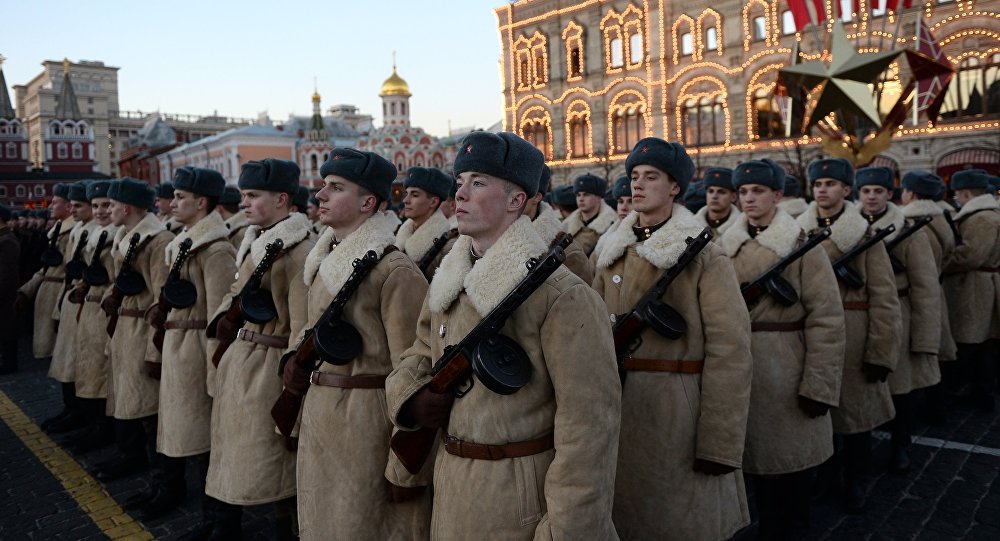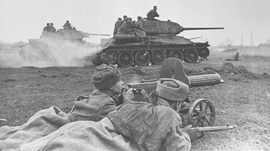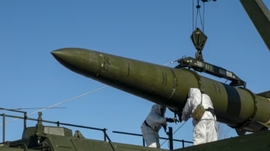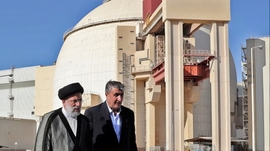Russian President Vladimir Putin approved on Tuesday a proposal to integrate the armed forces in Georgia’s breakaway South Ossetia region into the Russian army.
BBC Russian news service reports that Putin instructed his defense ministry to hold negotiations with Ossetia and sign an agreement delineating how the region’s forces will be incorporated into the Russian army.
The agreement will call for a release from military service after Ossetian conscripts sign a contract with the Russian army. According to 2010 data, armed forces in Ossetia consist of 1,250 conscripts with nearly 15,000 more in reserve.
On March 10, Putin’s aide Vladimir Surkov announced a possible meeting between Putin and president of the self-proclaimed South Ossetia republic Leonid Tibilov, Russian Interfax agency reported. Surkov said the meeting could happen sometime in mid-March and would center around Ossetia’s armed forces being incorporated into Russia’s army, as well as an increase in Russian financial subsidies to the region in the form of pensions and salaries.
Russian takeover of armed forces in Georgia’s breakaway South Ossetia region date to March 18, 2015, when the two sides developed a mutual cooperation agreement that envisaged the establishment of a common defense and security space, free border crossing, and other steps towards integration. That handshake is accepted as a cornerstone for creating tighter relations between Russia and South Ossetia.
South Ossetia is one of two breakaway regions in Georgia and is a partially recognized state that declared independence from Georgia in 1991. Georgia does not recognize the existence of South Ossetia as a political entity and has been trying to reestablish its control over the region.
Georgian authorities consider activity in South Ossetia a separatist movement. In 2008 tensions flared, resulting in an armed conflict that saw Russian intervention. After days of skirmishes, a ceasefire agreement was signed in August of that year, ending Russia’s recognition of South Ossetia as an independent state. The vast majority of UN member states support Georgia’s territorial integrity and do not view the region as a sovereign country.







 President Ilham Aliyev announced a significant expansion in Azerbaijan’s gas exports to Europe while addressing a joint press conference with Slova...
President Ilham Aliyev announced a significant expansion in Azerbaijan’s gas exports to Europe while addressing a joint press conference with Slova...
 The Kazakhstan Foreign Ministry has responded to the allegations of domestic violence against one of its diplomats stationed in the United Arab Emi...
The Kazakhstan Foreign Ministry has responded to the allegations of domestic violence against one of its diplomats stationed in the United Arab Emi...
 Iran confirmed that Afghanistan's first transit rail cargo has left for the Razi border crossing, in the country’s northwest region, following a ha...
Iran confirmed that Afghanistan's first transit rail cargo has left for the Razi border crossing, in the country’s northwest region, following a ha...
 The modernized and expanded Georgian segment of the Baku-Tbilisi-Kars (BTK) railway is set to recommence freight operations this month.
The modernized and expanded Georgian segment of the Baku-Tbilisi-Kars (BTK) railway is set to recommence freight operations this month.



